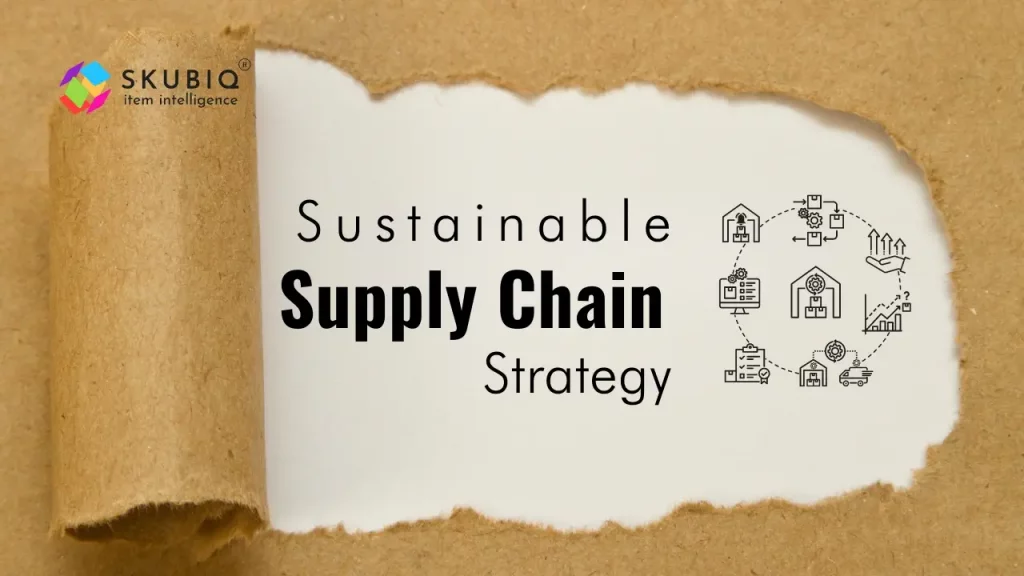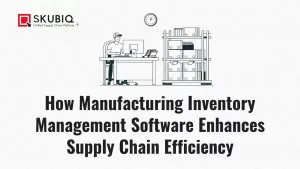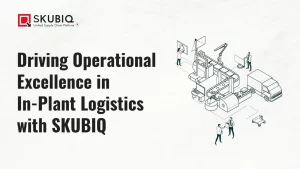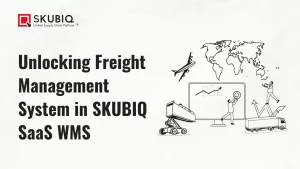In the dynamic landscape of business, the concept of a sustainable supply chain has gained significant traction in recent years. As companies strive to align their operations with environmental and ethical considerations, the integration of sustainability into supply chain management has become a crucial aspect of overall corporate responsibility. In this article, we will explore five key principles for building a sustainable supply chain strategy that not only enhances environmental and social impact but also contributes to long-term business success.
1. Supply Chain Management Integration
The foundation of a robust sustainable supply chain strategy lies in the seamless integration of sustainability principles into overall supply chain management practices. This integration should span the entire lifecycle of products, from sourcing raw materials to manufacturing, distribution, and end-of-life disposal. Embracing sustainability at each stage ensures a holistic approach that minimizes environmental impact and fosters a culture of responsible business practices.
Implementing an effective supply chain management strategy requires a deep understanding of the interconnected relationships within the supply chain. Retailers, as key players in this ecosystem, play a pivotal role in driving sustainability initiatives. Collaborative efforts among retailers, manufacturers, and suppliers are essential to establish a cohesive approach to retail and supply chain management that prioritizes environmental and social responsibility.
2. Emphasis on Supplier Management
One of the critical aspects of a sustainable supply chain strategy is the proactive management of suppliers. Companies must carefully assess and select suppliers based not only on cost and efficiency but also on their commitment to sustainability. Engaging with suppliers who share a similar vision for environmental stewardship is paramount.
Supplier management should involve ongoing communication, monitoring, and collaboration to ensure adherence to sustainability standards. This includes setting clear expectations, conducting regular audits, and providing support for suppliers to enhance their own sustainability practices. By fostering a mutually beneficial relationship, businesses can create a network of suppliers committed to ethical and environmentally conscious practices.
3. Utilization of Supply Chain Management Tools
In the digital era, technology plays a pivotal role in shaping business practices, and the field of supply chain management is no exception. Investing in advanced supply chain management tools can significantly enhance the implementation and monitoring of a sustainable supply chain strategy.
These tools enable real-time visibility into the entire supply chain, allowing businesses to track and analyze the environmental impact of their operations. From carbon footprint calculators to blockchain-based traceability systems, technology empowers companies to make informed decisions that align with their sustainability goals. By leveraging these supply chain management tools, businesses can streamline processes, reduce waste, and enhance overall efficiency.
4. Lifecycle Assessment and Circular Economy Principles
A comprehensive sustainable supply chain strategy involves conducting a thorough lifecycle assessment of products. This assessment considers the environmental impact at each stage of a product’s life, from raw material extraction to disposal. By understanding the lifecycle footprint, companies can identify opportunities for improvement and make informed decisions to minimize environmental harm.
Furthermore, embracing circular economy principles is integral to a sustainable supply chain strategy. Rather than adhering to a linear “take-make-dispose” model, a circular approach promotes the continual use and recycling of materials. This not only reduces waste but also contributes to resource conservation. Integrating circular economy principles into supply chain management practices ensures a more sustainable and resilient system that aligns with long-term environmental goals.
5. Continuous Improvement and Innovation
The pursuit of sustainability is an ongoing journey that requires a commitment to continuous improvement and innovation. Companies must regularly assess and reassess their sustainable supply chain strategies, identifying areas for enhancement and adapting to evolving environmental standards.
Encouraging a culture of innovation within the organization fosters the development of new, more sustainable practices. This may involve exploring alternative materials, implementing energy-efficient technologies, or adopting innovative transportation methods. By staying abreast of industry trends and emerging technologies, businesses can position themselves at the forefront of sustainable practices, gaining a competitive edge in the market.
In conclusion, building a sustainable supply chain strategy is essential for businesses aiming to thrive in an era where environmental and social responsibility are integral to success. The integration of sustainability into supply chain management practices, emphasis on supplier management, utilization of advanced supply chain management tools, consideration of lifecycle assessments and circular economy principles, and a commitment to continuous improvement and innovation are the key principles that can guide organizations toward a more sustainable and responsible future. Embracing these principles not only benefits the planet but also contributes to long-term business viability and resilience in a rapidly changing global landscape.



